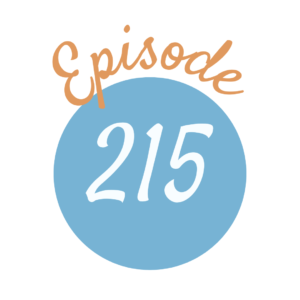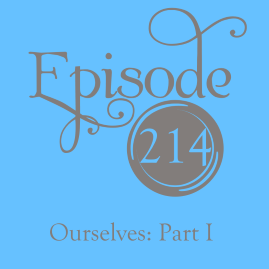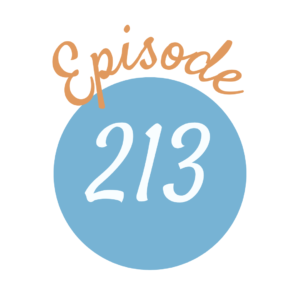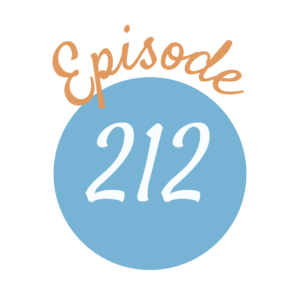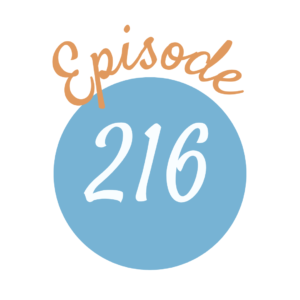
What do beauty and homeschooling the Charlotte Mason way have to do with one another? This free-form conversation discusses the inborn need to appreciate beauty in everyone, its development, its false counterparts, and how the feast develops this aesthetic sense in children.
Listen Now:

Ourselves (Volume 4), Book I: Part II (pp. 33-80)

“It is no small part of education to have seen much beauty, to recognize it when we see it, and to keep ourselves humble in its presence.” (6/56)
“This brings us to another world of beauty created for us by those whose Beauty Sense enables them not only to see and take joy in all the Beauty there is, but whose souls become so filled with the Beauty they gather through eye and ear that they produce for us new forms of Beauty.” (4/I/42)
“Here people are busy painting, carving, modelling, and what not; the very sun labours here with his photographs, and he is as good an artist as the rest, and better, for the notion in this Hall is that the object of Art is to make things exactly like life. So the so-called artists labour away to get the colour and form of the things they see, and to paint these on canvas or shape them in marble or model them in wax (flowers), and all the time they miss, because they do not see, that subtle presence which we call Beauty in the objects they paint and mould. Many persons allow themselves to be deceived in this matter, and go through life without ever entering the Palace of Art, and perceiving but little of the Beauty of Nature.” (4/I/43)
“…we must make it our business, as much as in us lies, to bring Beauty to places where it is not.” (4/I/55)
“The person who is given to the intoxication of Beauty conceives that Beauty and Goodness are one and the same thing, and that Duty is no more than seeking one’s own pleasure in the ways one best likes. People, too, become excluded….” (4/I/54)
“In the end, he misses the happiness to which the Beauty Sense was meant to minister. For happiness comes of effort, service, wide interests, and, last and least, of enjoyment; and when people put enjoyment, even of beautiful things, in the first place ( and indeed in place of all else), they miss the very thing they seek, and become enfeebled in body and fretful and discontented in temper.” (4/I/55)
“It is essential that the general atmosphere of the school should be right, and that the one unifying aim in the variety of its enterprises should be this quest for beauty. Let us not think that the art periods and the music lessons are the only occasions school offers for training of the beauty sense. [even] Citizenship provides inexhaustible opportunities.” (B.E. Moore, PR 37 pp. 222-23)
“We all have need to be trained to see, and to have our eyes opened before we can take in the joy that is meant for us in this beautiful life.” (4/I/43)

The Body: A Guide for Occupants, Bill Bryson
Mrs. Katz and Tush, Patricia Polacco
The God Who Is There, D. A. Carson
(Contains affiliate links)


